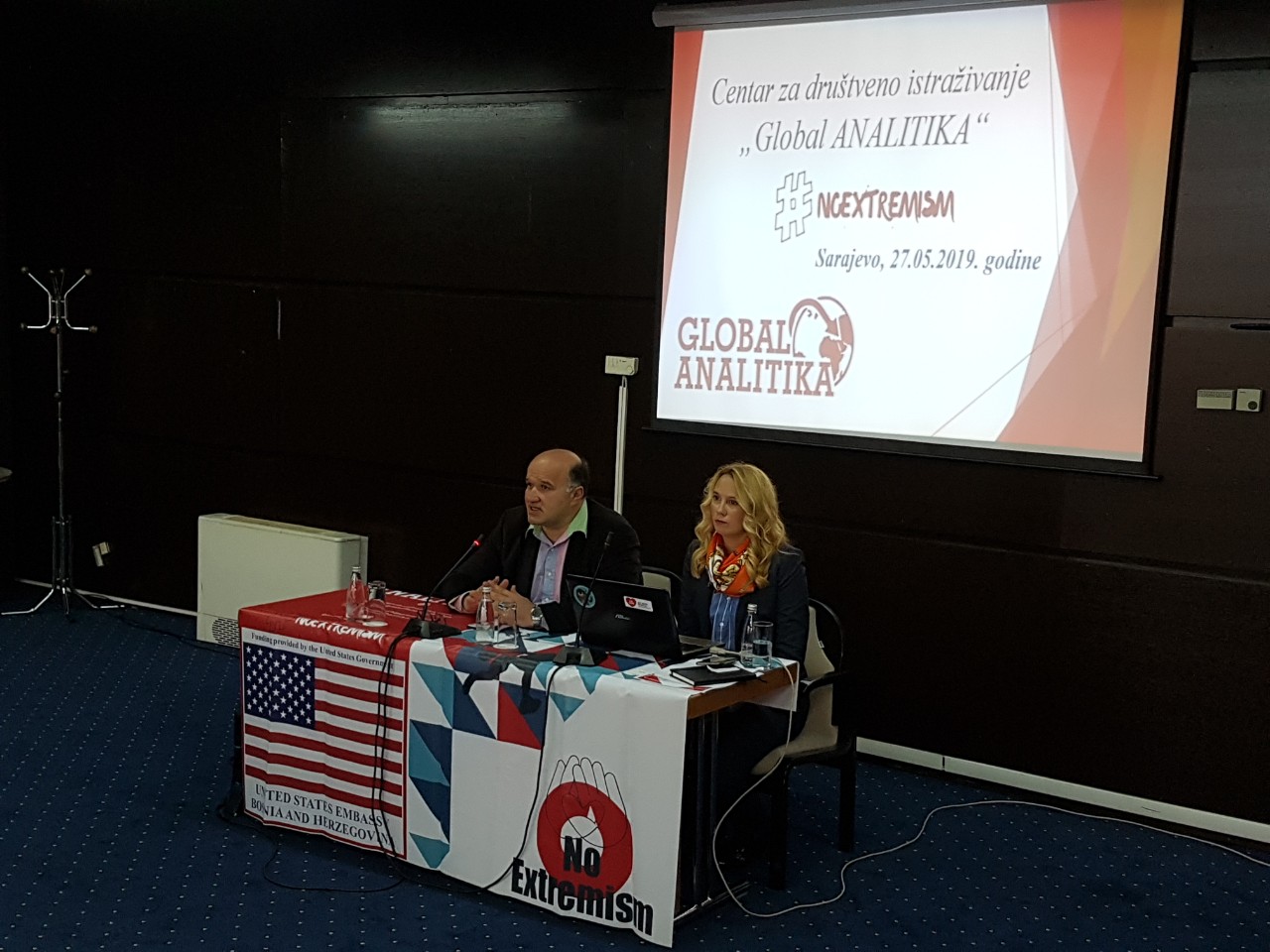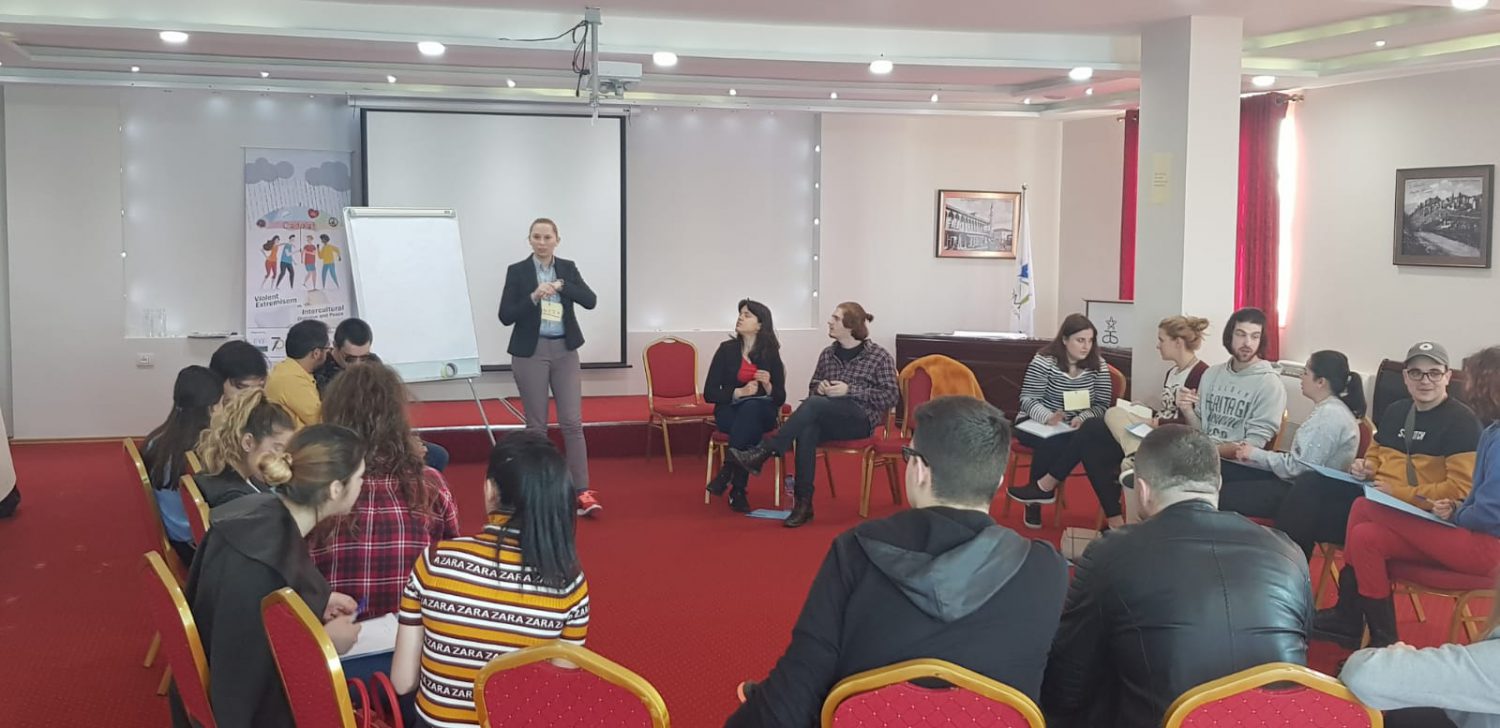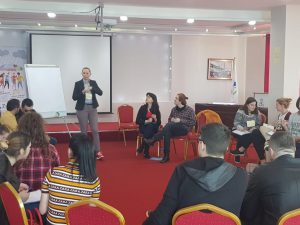Violent extremism and radicalism in today’s globalized and technological world cannot be confined to physical boundaries. While ISIL, Boko Haram, but also various other, as well as violent right-wing groups, are interconnected and certainly under the influence of geopolitics, the reasons behind these groups and the reasons for which individuals join these radical groups are complex, different and at first local character.
Based on years of research, experts have developed three complex categories of causes of extremism. These include macro-sociological, individual-psychological and psychosocial factors. Extremism is a phenomenon of the social level, and therefore macro-sociological explanations of this phenomenon are fundamentally important. The same is the case with the individual-psychological factors of extremism because it is very important to understand why certain individuals develop radical tendencies, while others don’t. Equally important are the psychological or psychosocial causes of extremism. In fact, the third category of causes is extremely important, because the very common third category is “fed” to other categories of causes.
At the social level, the process of radicalization can be triggered, influenced or encouraged by socio-political or socio-emotional circumstances that directly or indirectly affect an individual. When faced with a political, social or economic disadvantage, whether real or perceived, individuals may call into question the promise of the community (live together) and their sense of belonging to the community.
Furthermore, research has shown that psychosocial factors are very important in understanding the process of radicalization, but it is difficult to determine which of them are related for a specific time, area, individual personality profiles, etc.
Through the next presentation, we will present some of the characteristics of psychosocial factors that relate to the situation in the world and mainly to the situation in BiH.
[masterslider id=”6″]










